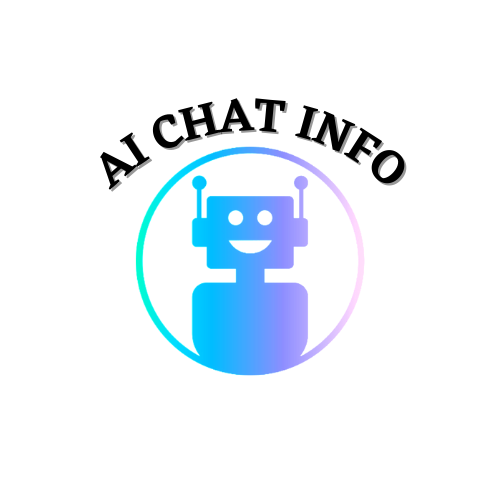
As tools such as ChatGPT are more widely used, the question has been raised: can these tools be detected? And, if so, does this diminish or discredit the work? There are already debates regarding SEO: Google allegedly considers AI-generated content spam even as Google itself works on releasing its own AI program called Bard. It’s all quite murky.
Can the highest level AI programs be detected? Search Engine Journal put this to the test, using a few different AI text detection software tools such as Contentatscale.ai, Copyleaks, and Writer.com. Ironically, it apparently takes AI to spot AI. Their conclusion is that, as of now at least, AI CAN be detected but that human writers can make it undetectable with some editing. There are a few common problems with AI-generated content.
- Factual errors.
- Outdated material.
- Formulaic writing. For example, ending an article with “In conclusion…”
- Repetitive words and expressions.
- Unusual formatting. ChatGPT will often create lists using full sentences followed by colons.
None of these are foolproof and programmers can easily iron out some of these telltale signs. Also, human writers can also make mistakes and write in a formulaic way. Still, tests such as those performed by Search Engine Journal indicate that AI can be detected with a high degree of certainty.
Of course, they are analyzing the current and publicly available versions of ChatGPT and other such AI programs. The very fact that this is even a difficult question to answer says a great deal. It seems likely that in the very near future, the gap between detectable and undetectable AI content will be closed.
